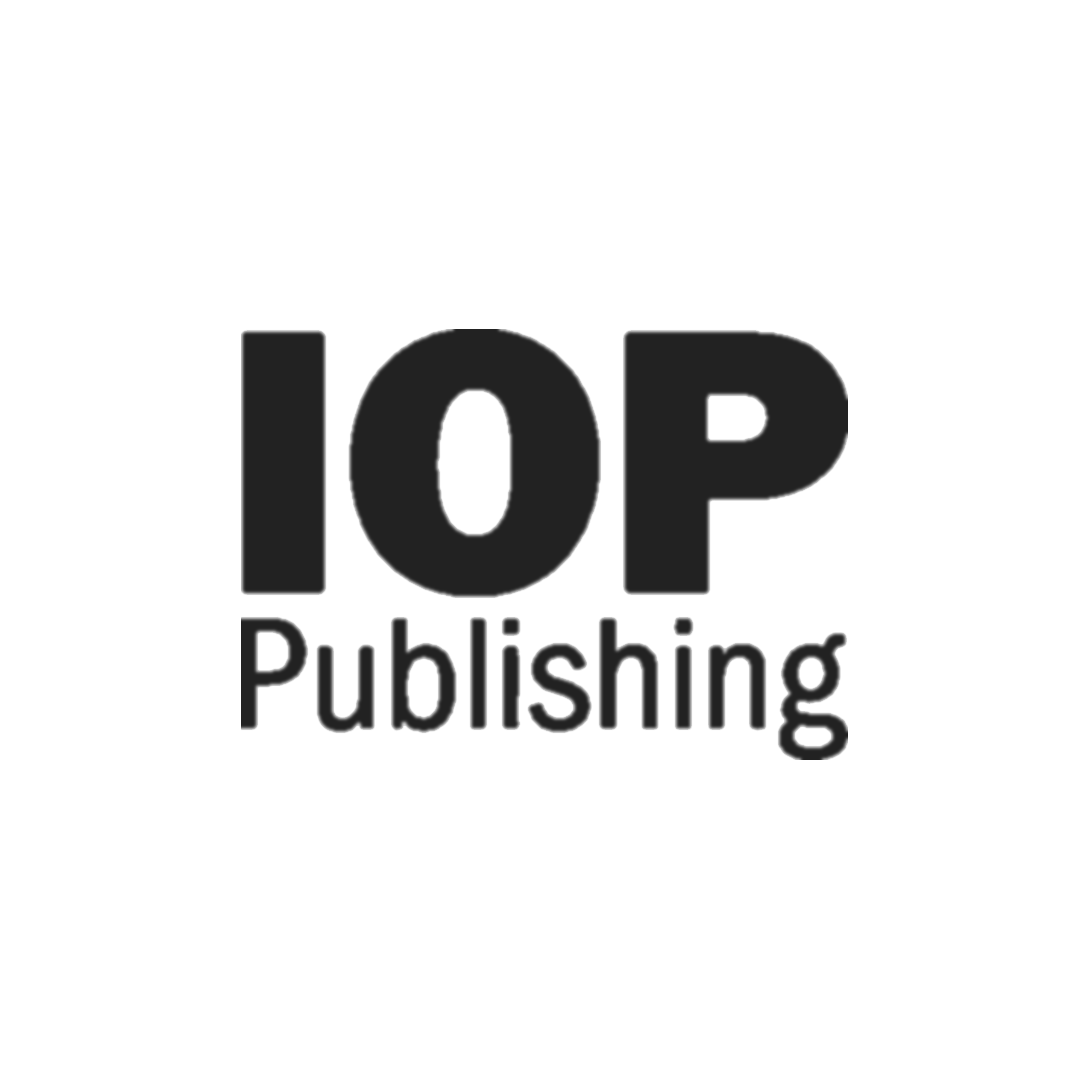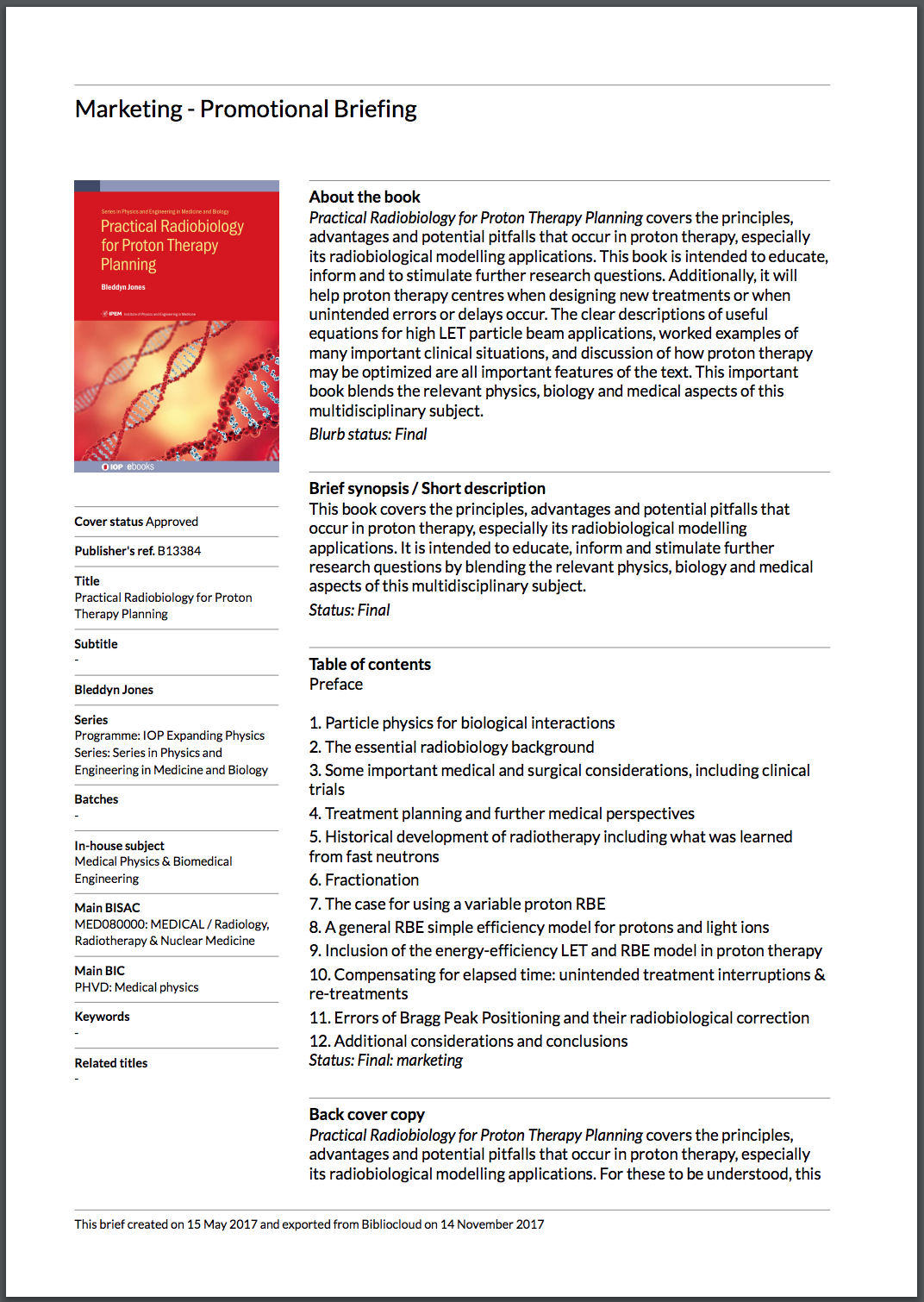Consonance® for academic, scholarly & professional publishers
-
Burleigh Dodds Science Publishing -
British Library Publishing -
British Museum Press -
Facet Publishing -
Goldsmiths Press -
IIS -

IOP Publishing -
Leuven University Press -
Taylor & Francis -
Liverpool University Press -
Notre Dame University Press -
Pharmaceutical Press -
RIBA -
School of Advanced Study -
Sydney University Press -
UCL Press -
McGill-Queens University Press -
Reformation Heritage -
National Library of Australia Press -

Higher Life
Academic & scholarly

Our University, Institute and Professional publishers benefit from a number of features that we have developed to meet their particular needs.
Consonance recognises the differences between traditional trade publishing and the professional and academic world, and provides extensive support for the specific needs of the latter.
Metadata structuring
Our emphasis on the correct bibliographic modelling of works and products allows clients to produce a wide variety of products for a single work, without the need to re-type metadata and while maintaining logical links that are used throughout the interface and expressed in ONIX, API feeds, or spreadsheet exports.
Consonance's metadata management is strongly oriented towards the management of works and the associations between them – essential for correctly storing and managing intellectual property.
Each work represents a unique edition and year of annual where relevant, and links successive editions logically – in some cases automatically on creation – to automatically identify replaced and replacing products.
We derive works from multiple other works through various derivation types. For instance, publishing abridged translations of three works as a single new work connects them all together, which allows for clear navigation throughout the system.
In Consonance, a work is a container for an arbitrary number of products, with different formats and your own in-house descriptions of each. The works holds the metadata common to all products (e.g. contributors and table of contents). Then you optionally give overrides for individual products.
And if your series have both print and electronic ISSNs, we automatically associate the correct value with each product.
Pricing
While traditional trade publishers will often specify consumer RRP pricing in multiple currencies, scholarly and professional publishers more frequently need to specify pricing for a wider range of customers.
Consonance comes with full support for the wide range of price types and qualifiers available in ONIX, across arbitrary lists of currencies.
It is not unusual for a client to specify combinations such as:
- GBP inc-tax consumer RRP
- GBP inc-tax library RRP
- GBP inc-tax member/subscriber RRP
- USD exc-tax consumer RRP
- USD exc-tax library RRP
- EUR exc-tax consumer RRP
- NZD exc-tax consumer RRP
- AUD exc-tax consumer RRP
- CAD exc-tax consumer RRP
For GBP pricing you choose to specify prices either exc- or inc-tax, and we convert them on export.
For EUR pricing you choose to specify prices either exc-tax, or inc-tax for a chosen national tax regime, and we convert them on export to add or remove taxes for any other Euro area tax regime.
These prices are all available for dissemination through ONIX, spreadsheets, our API, or through XML feeds to catalogue workflows.
We work with you to define which prices you want to specify, and configure your account to make it as straightforward as possible.
Subject schemas
We support the latest BIC, BISAC, and Thema subject codes, and keep them up to date so your metadata quality does not decay.
We provide extensive Editeur-supplied guidance on the use of Thema codes, making it easier to work effectively with the new standard by distinguishing between academic and professional codes, and codes intended for general interest.
We also support the Dutch Uniform Subject Classification (NUR) codes, and are able to add further national code systems on request.
Open Access
Support for free and Open Access products comes as part of every Consonance account. We reference all CC licenses, with license details included in ONIX.
Contact management
Contacts occupy a central place in the Consonance system. Editors, illustrators, series editors, authors, distributors, reviewers, proof-readers, printers, sales agents: they are all in one place, and contacts can adopt multiple roles.
They can be associated with each other, and in particular for academic publishers this is expressed in terms of professional affiliations. All of your authors with an affiliation to an organisation can be linked to it, so they are all listed on the organisations contact page.
If you experience the overlap between authors/editors and reviewers common to the specialised publisher, you'll appreciate being able to associate a single contact in your address book both with the works that they have authored and with the reviews they have written. Configure reviewers so their description on every review automatically includes their professional affiliations, or globally redefined to reflect the authors more recent accomplishments – a notable paper they recently published, for example.
When reviewing information for an author, you are provided with links to all of their co-authors as well.
There is no limit to the number of contributors that can be associated with a work and its products, and some Consonance clients have over 100 contributors listed for single works. There are features to allow you to bulk upload contributor information. We use the full range of ONIX contributor roles.
Support for ISNI and ORCID lets your contributors be unambiguously identified using the latest standards, allowing third-parties to cross-reference to other proprietary identifiers.

















